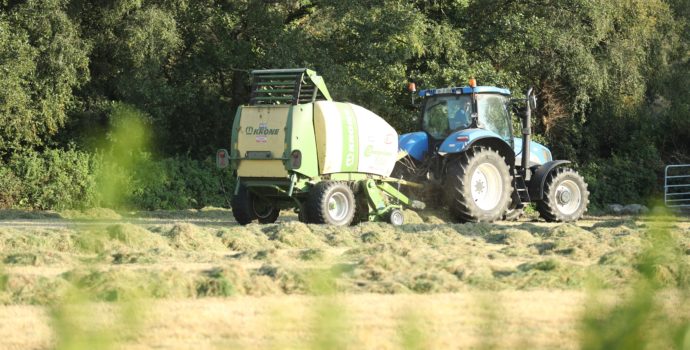Residential Zoned Land Tax Unfairly Penalises Farmers

IFA President Tim Cullinan said the Residential Zoned Land Tax unfairly penalises those farmers who happen to farm near towns and cities.
Maps outlining lands in scope for the Residential Zoned Land Tax (RZLT) will be available in Local Authority offices and websites from next Tues, Nov 1st.
‘I would encourage all farmers with land on the outskirts of cities, towns and villages to look at these maps, to know where you stand. Don’t be caught unaware because the penalties for non-compliance are severe. There’s only two months to lodge an appeal if impacted or dissatisfied, even less when you take in the Christmas period. It will take a bit of time to pull together because you’ll need proof of ownership as well as OSI maps to make a submission.”
The RZLT was introduced as part of Finance Bill 2021 to activate land for development to increase housing supply.
“IFA has long held the view, and continue to lobby with Government, that farmers should be exempt from the RZLT because they are private landowners, not builders,” he said.
“Farmers have land to farm it and produce food, not hoard it as an investment. They cannot be charged for the privilege of farming land that they have done for years, even generations. Given the economic yield relative to potential returns, many will simply be forced to sell some land or exit entirely. It’s completely inequitable, unjust and unfair on farm families,” he said.
IFA National Farm Business Committee Chair Rose Mary McDonagh said, “IFA fully appreciates the difficulties that the shortage of housing is causing. However, we strongly oppose the inclusion of farm land under the RZLT. It’s not fair on these farmers who fall liable for this tax simply because of their location”.
“At a minimum, commercial demand and farmer consent to have lands zoned in the first instance must be accounted for in any liability to the RZLT. We’ve developed and have available on the IFA website here a short guide on the RZLT for farmers, and included some possible grounds for appeal to their relevant Local Authorities if required.”




